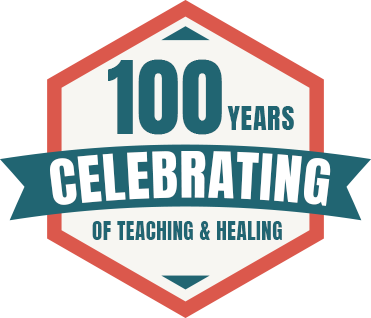Contact 022-23027000
Anti-raging Toll Free 1800-233-6557
 Accessibility Assistant
Accessibility Assistant
Please wait...
 Dark Mode
Dark Mode

Topiwala National Medical College And
Bai Yamunabai Laxman Nair Charitable Hospital.
Mumbai

